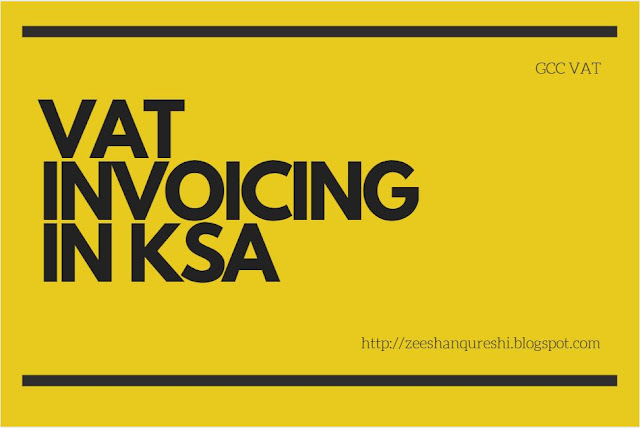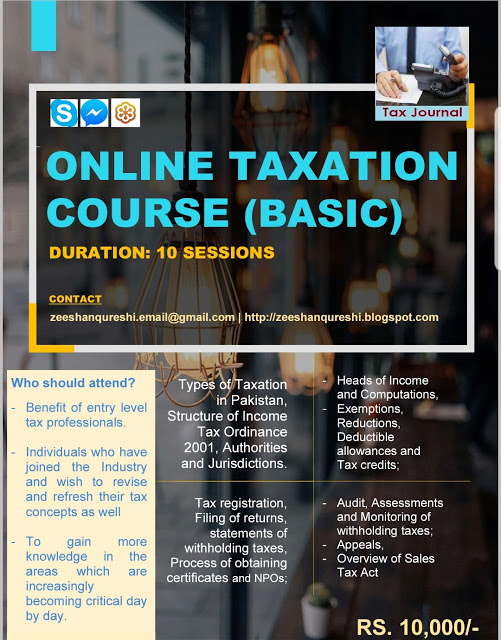VAT INVOICING PROCEDURE IN KSA

This article is in continuation to our previous articles on 'VAT in Saudi Arabia' and 'Understanding Taxation in GCC' which were published prior to the introduction of final VAT law in Kingdom of Saudi Arabia (KSA). However, since the detailed VAT law has now been finalised we will be publishing series of articles for different provisions of the said law. In this particular blog we will discuss the mechanics of VAT invoicing in KSA. VAT-registered suppliers must produce invoices documenting revenue and tax information on all taxable sales. Following are the 5 things you need to know about VAT invoicing in Kingdom of Saudi Arabia: 1. DATE OF ISSUANCE The VAT invoices are to be raised any time on or before 15th day of the month following the month when the transaction occurred. 2. COMPLEX VAT INVOICE - TRANSACTIONS ABOVE SAR 1,000 The VAT invoice must include the following details related to the transaction, provided in Arabic : The inv






